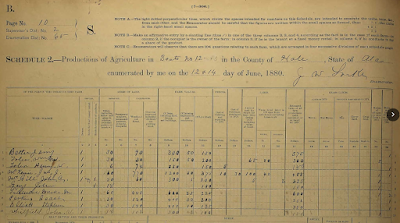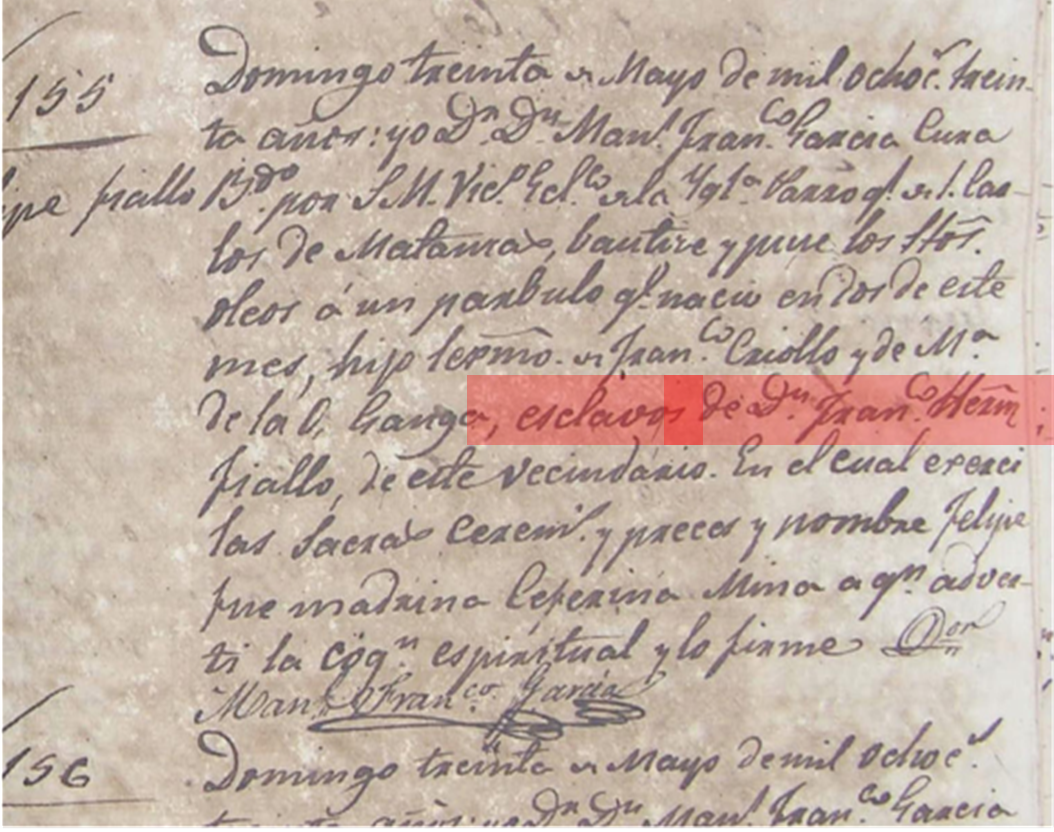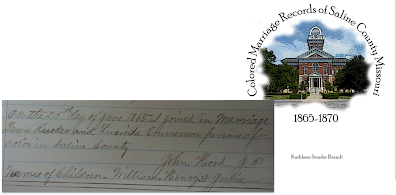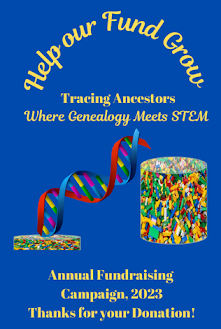African American Genealogy: Census Records to DNA Testing
Top 5 Myths
There are a lot of pouty faces when it comes to pre 1865-1867 enumeration records. But why?
Pre- 1870 is NOT a brickwall for African American genealogy research. It's even less than a stumbling block; it's merely a challenge. There are records of your African American ancestors.
Let's take a look at the most common myths I hear:
1) But, they were enslaved and didn't have names on the census before 1870. Well, actually even that is not true. The last thing neighbors wanted, was unaccounted free black persons. Your ancestors are listed in Agricultural Census, within freedmen record work contracts and in land contracts, both mortgaged and share cropper contracts. Why rely on census records? Much of the information is not accurate anyway, and you have NO idea who proffered information to the census taker anyway. Check out this Hale County, Alabama Agriculture Census ("Colored")
 |
| Mortgaged land, Agriculture Census |
2) But, enslaved people couldn't legally marriage. Actually many African Americans not only married as enslaved people (with permission), there were also "free coloreds" who legally married.
Co-habitation laws changed after 1865 that required recently freed persons to legally register marriages. As per the law, many of our ancestors recorded pre Civil War marriages between 1865-1870. Marriages were also often validated in military records, government claims such as the Southern Claims after the war.
 |
| Slave Compensation: enslaver John M. Duncan for previously enslaved Forrest Maupin |
I haven't even mentioned the enslavers' records. Oh...lest not forget, our ancestors were here with the colonists, in the early territories. There, researchers may find marriages, as well as baptizing and naming babies. in the church books.
 |
| 28 Jul 1810, marriage of Francois, free colored |
These records are available from the Florida Territory, Louisiana Territory, Missouri Territory, etc. Just follow the church records of the French and Spanish settlers in America.
 |
| 1830 Slave Baptism |
 |
| Provost Marshal Records |
But either way, we have no excuse for re-uniting family units. Many families were divided, and sold, and separated, but not necessarily far away. Many knew exactly on which plantation their family members were sent. Others, reunited after the war. Great records used to reunite family include military pension records, depositions, and Freedmen Records
Not What You Can't Get, But What You Can!
 |
| MyHeritage |
The biggest tool you have to reunite your family is DNA. Did you know African Americans have the lowest percentage of testing kit results. This DNA kits can costs $39: MyHeritageDNA; $59.00: ancestryDNA, and up. If you are wanting to make the most for your purchase, buy MyHeritage or ancestryDNA . One kit can be purchased but you can get three sets of results for the price of one by uploading your DNA results to multiple sites.
5) WHATEVER you do, DON'T attach yourself to a particular country. Just like European DNA test results, the best that can be determined is a region, unless your family never left the "home country" and your family never mixed outside a tribe.
Most African Americans have 4-10 regions in their DNA, to include European. Plus, our ancestors were not stationary pre-America, pre-slavery, pre-colonial. I mean, in general, generations of our ancestors travelled. Often they travelled in clusters for safety, for work, for food. As more is learned about migratory paths, your ethnicity will, most likely shift, anyway.
So, as I said, don't get attach when someone tells you have one country or two countries in your DNA. Ask them but what about my other 6 generations of ancestors? Where did THEY go? I'm talking autosomal test that covers abt. 6 generations. Your DNA goes back further. Autosomal DNA tests, however, are limited. Surely, you don't think all of your ancestors were from Côte d'Ivoire once they landed in America? Most, not all, but most of our African American ancestors, were mixed on this continent. We are uniquely American. Just think about it.
After going back 6 generations you have approximately 1.56% of DNA from 6 generations of your ancestors. I'll talk more about this 24 Jun at Midwest Genealogy Center free presentation.







Comments